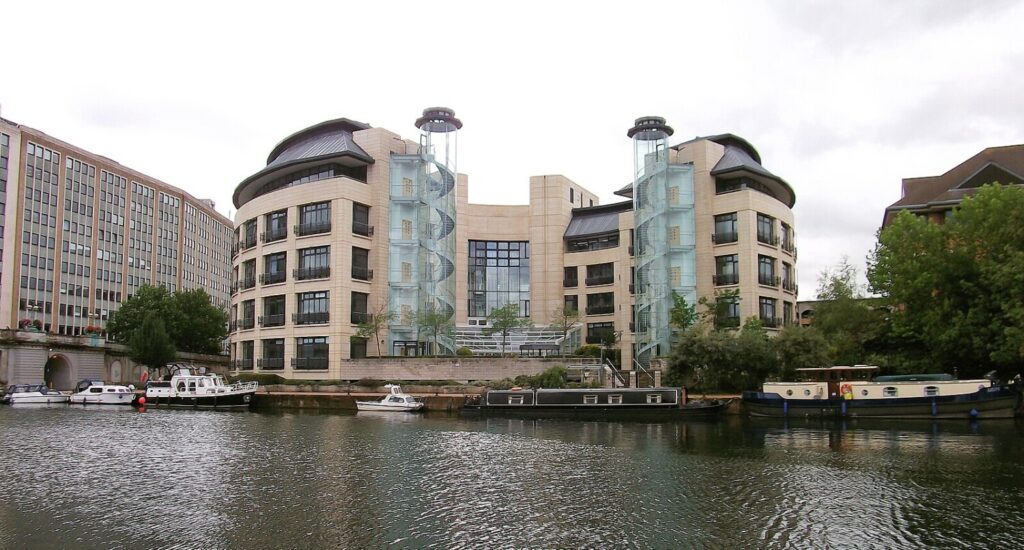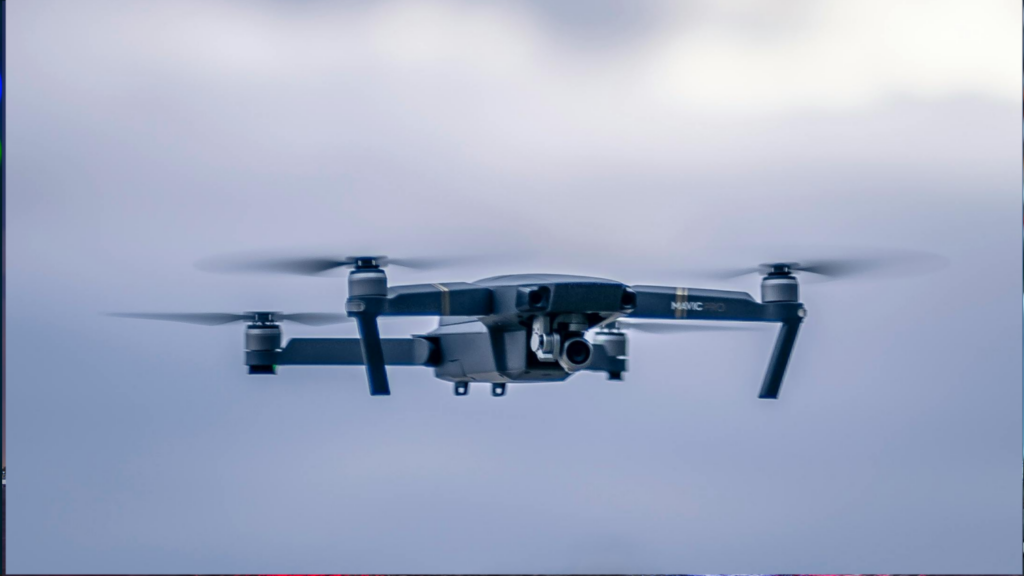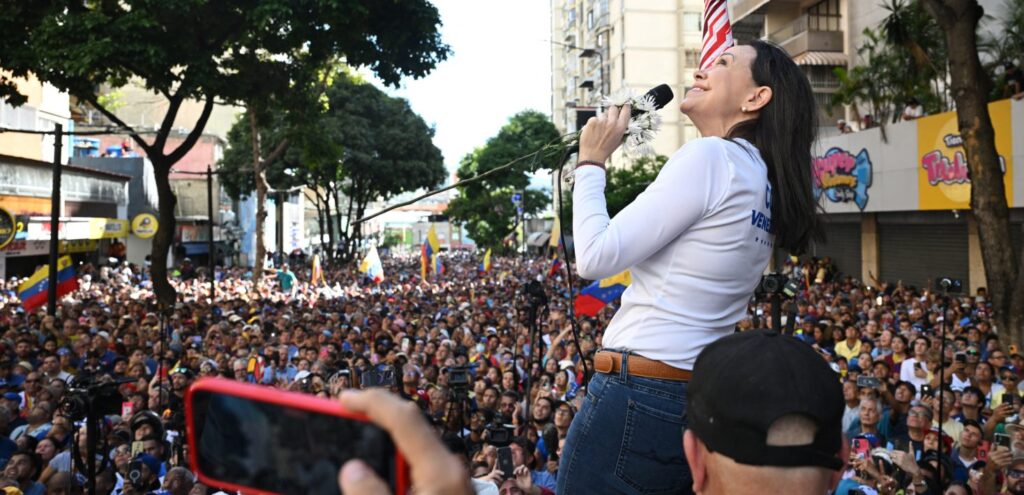Africa as the Theatre of a New Proximity War between Russia and the Western bloc – Part II
While the Cold War ended more than three decades ago, we are witnessing the resurgence of confrontation between the East and West in a new theatre – Africa. At the expense of the people, it appears that geopolitical interests are taking precedence over Africa’s stability and development. This article is the second piece in a series of papers outlining this new proximity war – focusing specifically on Mali and Niger.
Mali
A coup d’état in 2012 ousted Amadou Toumani Touré, marking the beginning of President Ibrahim Boubacar Keïta’s term in office and coinciding with the birth of two French anti-insurgency missions, Operations Serval and Barkhane. The inefficiencies of these operations have done little to quell terrorist attacks in Mali. When paired with French colonial history in the region, it is unsurprising that relations between the French military and the Malian people are frayed. Whilst France did cultivate a close relationship with Keita; it would be hasty to link them to the coup in 2012.
Russian involvement in the most recent coup, which led to the fall of President Keïta on 18 August 2020, seems much more likely. Evidence for Russia’s participation can be found at the Bamako demonstrations in November 2019 with demonstrators urging Moscow to help combat Islamist insurgency in Mali as it did in Syria. Even the Malian opposition were thankful for Russian arms and technical support. Perhaps even more damning evidence is that both leaders of the coup, Colonels Malick Diaw and Sadio Camara, trained at a military academy in Russia. Furthermore, demonstrators were seen waving Russian banners and holding up posters praising Russia for its “comradeship” with Mali. The US was quick to react to Russia’s increased influence in the region by cutting military ties with the junta, who immediately created the National Committee for the Salvation of the People (CNSP) to secure power.
Beyond the security and political aspects, Russia has the potential to benefit economically in the region as well. The Russian nuclear energy giant Rosatom, which is in direct competition with its French counterpart Areva for contracts in the Sahel, could benefit from favourable relations with the new Malian political authorities. Similarly, Nordgold, a gold company with investments in Guinea and Burkina Faso, could also expand its mining initiatives in Mali’s gold reserves.
The CNSP was dissolved by presidential decree on 18 January 2021, leaving room for new elections to be held. It is unclear if the next Malian leaders will continue to collaborate with Russia or return to the Western bloc. However, what is certain is that the battle between Russia and the France for strategic, political, and economic influence in Mali is likely to continue.
Niger
In 2019, the Russian news agency “Sputnik” reported that Russia signed a contract with Niger to deliver twelve Mi-35 helicopters. This information coincided with the Russian will to impose itself on the African continent. This former French colony, member of the G5 Sahel and part of the most dangerous land axis in Africa, the area of the three borders which the country shares with Burkina Faso and Mali, is frequently the victim of terrorist groups that operate in this sector. Concluding a military contract with Russia is synonymous with the disavowal of the former metropolis.
Niger, which broke relations with the USSR after the fall of the Berlin Wall in 1991, has always had a socialist influence, verifiable with the accession to power of President Mahamadou Issoufou who headed the PNDS-Tarayya (the Nigerian Party for Democracy and Socialism,), part of the socialist international. Following a protocol signed in October 2016 in Niamey, Niger and Russia decided to strengthen their cooperation in several sectors, including energy, mining, infrastructure, and security. This cooperation has made previous agreements that allowed France to exploit the recourses strained. Exports to France of uranium from the Arlit mines, located in northern Niger, have for a long time constituted a significant part of the country’s foreign income.
In January 2009, for example, the government of President Mamadou Tandja of Niger and the president of Areva’s board of directors signed a strategic mining agreement granting the French nuclear group an operating permit for the Imouraren deposit. This deposit is presented by Areva as the most important uranium mine in all of Africa and the second largest in the world. In 2019, it is Russia and Niger who have extended cooperation in the political, commercial, economic and humanitarian spheres. This political cooperation has enabled Niger to gain immeasurable support from Russia in multilateral organizations, and for its election as a non-permanent member of the United Nations Security Council in the fiscal year 2020-20201. The battle continues to rage between the two blocs.
References
- “Was Russia behind the coup in Mali?”, DW, 26 June, 2020.
- “Areva, maître de la plus grande mine d’uranium d’Afrique”,Site du collectif “Areva ne fera pas la loi au Niger”, September 1st, 2009.
- Ramani, Samuel. “Why Russia is a Geopolitical Winner in Mali’s Coup”, Foreign Policy Research Institute, 16 September, 2020.
- Saanouni, Mona. “Le Niger achète 12 hélicoptères de combat russes”, Anadolu Agency,| October 23rd, 2019.



